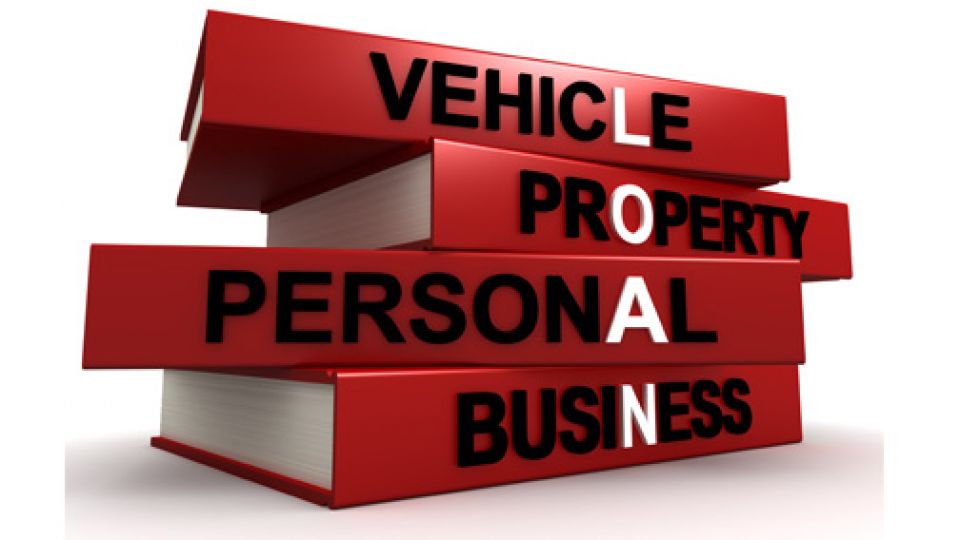You can apply for our first credit card when we turn 18. Some credit card companies will provide your first card with a $1,000.00 limit and interest rate ranging from 19 to 25%. Other credit card companies offer cash secured cards where you place cash into the account and spend the money more like a cash debit card. Either card will help you start the process of establishing credit. Credit reports assist lenders in deciding to extend credit, provide a loan and determine the interest rate that will be charged. Employers, banks, insurers and rental property owners may also look at your credit history.
Our credit score is the financial community’s way of determining the risk they are taking. It determines how much interest will be paid on every item we purchase. We have provided you information to help you improve or maintain your credit score and keep interest money in your bank account.
Check Your Credit Report
Credit reports are managed by three credit report Bureaus: Equifax, Transunion, and Experian. You have the option of checking your credit report as often as you want and checking your report does not affect your credit score. Check out this video on receiving a free credit report.
Here is a quick guide on the Credit score:
- Excellent Credit Scores: Over 750
- Good Credit Scores: 700 to 749
- Fair Credit Scores: 650 to 699
- Poor Credit Scores: 600 to 649
- Bad Credit Scores: Less than 600
Your credit report will contain the following information:

apply for our first credit card when we turn 18. Some credit card companies will provide your first card with a $1,000.00 limit and interest rate ranging from 19 to 25%. Other credit card companies offer cash secured cards where you place cash into the account and spend the money more like a cash debit card. Either card will help you start a process of establishing credit. Credit reports assist lenders in deciding to extend credit, provide a loan and determine the interest rate that will be charged. Employers, banks, insurers and rental property owners may also look at your credit history.
Our credit score is the financial community’s way of determining the risk they are taking. It determines how much interest will be paid on every item we purchase. We have provided you information to help you improve or maintain your credit score and keep interest money in your bank account.
Check Your Credit Report
Credit reports are managed by three credit report Bureaus: Equifax, Transunion, and Experian. You have the option of checking your credit report as often as you want and checking your report does not affect your credit score. Check out this video is excellent on receiving a free credit report.
Your credit report will contain the following information:
A record of any Company or organization that has pulled your credit report
Your personal identification
Employment information
All information on public record including judgment, whether you have been sued, arrested, bankruptcies and any file that has been sent to collections
Payment history for any account that reports to the credit bureaus. This will include credit card companies, banks and utility companies
Checking your credit report on a regular basis will ensure that your personal and financial information is being reported properly. If you find errors in your credit report or fraudulent activity, contact the credit bureaus and correct the errors. Click this link for a complete breakdown of the steps to take to contact the credit providers and change any errors.
Use 30% of the Credit Card Limit
Try to keep your credit card balance at 30% of the limit being offered by the credit card company. If the credit card company thinks you are living off credit, it will hurt your credit rating. Having this money available and not using it will boost your credit score. Why? It shows that you can have available credit and not need it.
Credit Repair
How much would you estimate your annual cost of interest? Are you managing your credit cards and improving your credit score to the best of your ability? We wonder how many people are? Credit Repair charges a monthly fee to get you on the right path. Once you have gone through the process, this will be a benefit for the rest of your life. What’s that worth?
Lexington Law
We have heard from many consumers that they had issues with their credit report and were having difficulty getting the vendors to reverse the problem and remove the information from their credit report. This can be very frustrating given that your current credit card rate and future interest rate charges will be based on your credit score. We were pleased to find Lexington Law and a company that specializes in this problem.
Lexington Law is a consumer advocacy law firm and a trusted leader in the credit repair industry. They have helped hundreds of thousands of Americans work to improve their credit by working to ensure that client credit reports are fair, accurate and substantiated. For a number of years, Lexington Law Firm has led the credit repair industry. Unmatched in credit repair knowledge, technology, and regulatory compliance, we stand alone at the top of the field. Lexington Law Firm has led the charge to bring ethical and effective credit repair services to consumers. We have assisted more clients in their fight for fair credit than any other credit repair company or firm.
Pay Bills on Time
This may sound like an easy one and while it might not explicitly increase your credit score, keeping on top of your monthly payments does prevent your score from going down any further. So before you do any extra spending, pay those bills to make sure you’re not hurting your credit.
Pay Down Your Credit Cards
Credit bureaus analyze how much available credit you have versus how much debt you carry. Even if you are not in a position to pay off the credit card, pay the bill on time and pay down some of the principal on every payment.
Consolidate Credit Card Balances
The credit bureaus also watch how many credit cards you own and the balances that you carry on each card. Pay off the smallest card so that you have fewer debts to focus on. Over time, consolidate your debt onto one card. Keep the credit card with the best interest rate and the debt in the 30% range as discussed above.
Keep Loan Requests to a Minimum
Every time you complete a loan application, it is registered on your credit score. The credit managers see you looking for money and this can indicate risk. Once you complete a loan application, it is called a hard pull with the credit bureau. It looks like you just took out a loan. This inquiry will stay on your credit report for approximately two years and can cause a dip in six months. Ask for estimates from lenders before applying for a loan or credit card to limit the number of inquiries or pulls on your credit history.When making a major purchase like a car loan or mortgage, complete all of your applications in a short period of time so they are counted as one inquiry for one purchase.
Consistency
There are no overnight fixes in getting your credit history repaired. Consistency is the key to the success or failure of your credit history.
Are You at the Point Where you are Under Continuous Stress
If you are at the point where creditors are calling, you may be struggling with sleeping and the stress is overwhelming. You may need help from a credit specialist that can help you work through a debt crisis. We want to provide you a link here.




